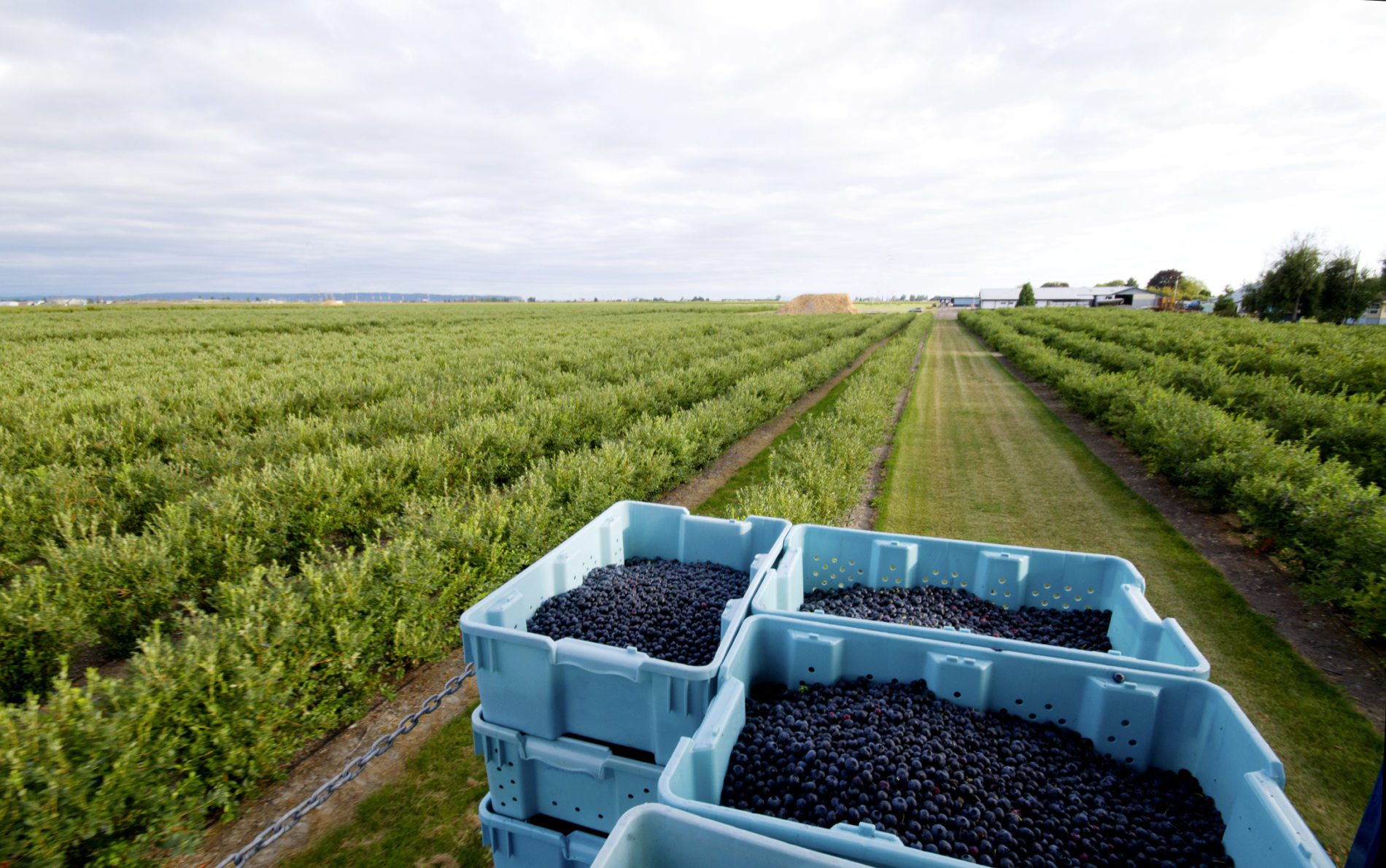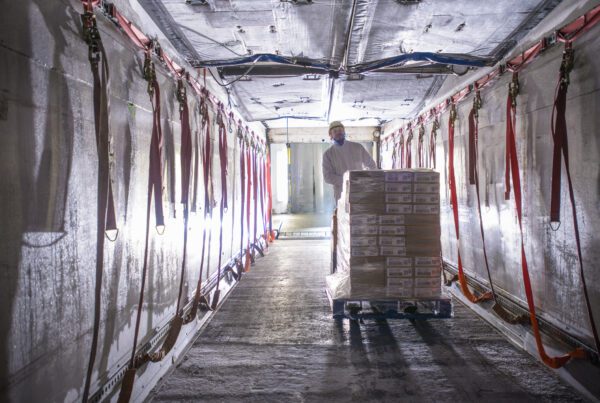Historically the North American markets are a repositioning trade lane for both Europe and Asia.
The outbound to Asia (TP/Westbound) rates are very high when comparing against past seasons. The reasons are:
- The carriers would prefer to send back empty containers for immediate loading in Asia.
- There is a shortage of equipment in Asia.
- The rates inbound (TP/Eastbound) are between $6,000-11,000 so the faster the carriers can load the more money the carriers can make.
Because of the above, there is a constant shortage of dry containers, and reefers are not much better in North America. Currently refrigerated container costs are up 26% over the yearly average and issues are compromising perishable shipments around the world. As we stated last week, CFI works diligently to time our logistics to minimize waiting and dwell time between dropping off our cargo and the embarking of the vessel or aircraft.
Because we’ve been keeping a close eye on capacity and container issues this year, we wanted to take this opportunity to look a little deeper as to what is occurring in the refrigerated container space – and subsequently the ocean freight market as a whole.
One Taiwanese carrier accepted bookings TP/Westbound through June, then due to no equipment, as their management had decided to load only empties back to Asia, they were forced to cancel every outbound booking they had. This is fairly typical of what is going on in the trade.
There is no vessel integrity, vessels are waiting at ports to berth for weeks. Once the vessel has been given clearance to berth, the terminals send out an ERD (Early Return Date), which lately has been 1 day before the cut-off. This creates a logistical nightmare, as truckers must check the terminal’s website hourly for any changes and have a full crew standing by to bring the containers to the CY prior to cut-off. From the customer perspective, they must hold inventory much longer than they had planned which factors negatively into production.
Honestly we don’t expect many blues to be shipped by sea freight this year. Because blueberries are inherently very perishable, if they are subject to slight changes in temperature this can introduce bacteria and ruin a full load. With the above situation, it will be rare that we can offer a specific vessel for a specific timeframe, which will depart on time for an on-time arrival at destination.
Airfreight will be the way to go for Commodity Forwarders this year for the blues. With the capacity and equipment issues, we’re developing air freight solutions to give our shippers a fighting chance against the bungled container market.




